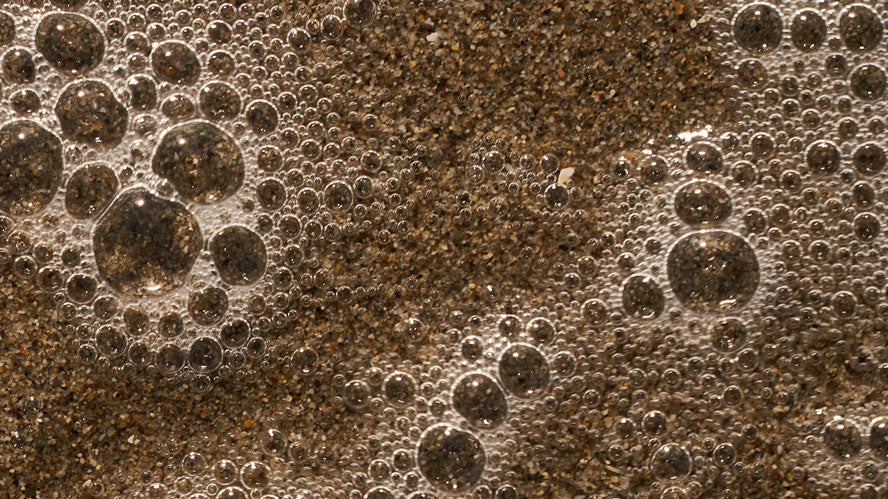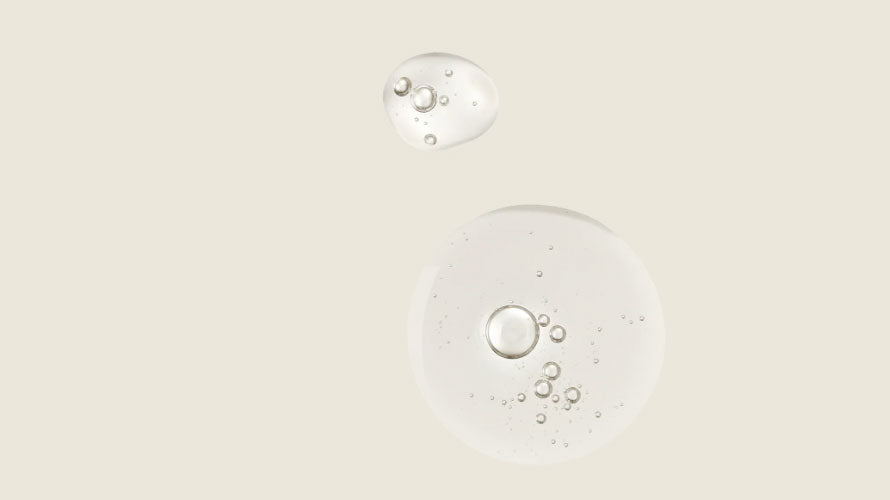With vitamin A as an ingredient in your cosmetics, you usually benefit from extremely high effectiveness. In particular, tightening the skin and smoothing wrinkles are common areas of application when it comes to using vitamin A in everyday life. Nevertheless, a certain degree of caution is required when considering the scope of application. This is the only way the positive effects outweigh the long-term effects and make the vitamin a good choice. We'll show you what's important.
Vitamin A is already present in these areas
With vitamin A, also known as ß-carotene, you strengthen the development and regeneration of your cells. Vitamin A is found in large quantities, especially in vegetables such as broccoli, lamb's lettuce, green beans or kale, and contributes to a healthier diet. The combination with other fats also helps the carotenoids to be better utilized and used.
However, there are also differences in vitamin A in terms of its form. A distinction is usually made between tretinoin, retinol and retinyl palmitate. Not only the names, but also the effects differ significantly, as our following overview shows you:
Tretinoin
Tretinoin is the strongest form of vitamin A. It is used primarily for acne or severe discoloration of the skin, but not in common skin care cosmetics.
Retinol
Pure retinol is found in skin care preparations with a maximum concentration of 1 percent. Too much of the vitamin can irritate your skin and have unsightly effects.
Retinyl Palmitate
Retinyl Palmitate is the official INCI name for the ingredient in cosmetics. Most skin types have no problem with it thanks to the quick absorption.
Which form of vitamin A you specifically choose is always a question of the symptoms and the available solutions. To strengthen your skin condition, you are usually on the safe side with the common active ingredients for your cosmetics. In this way, Retinyl Palmitate optimally counteracts the aging of the skin and ensures a better effect in the long term.
Vitamin A has this effect in your cosmetics
As part of your cosmetics, vitamin A contributes to the formation of new collagen and stimulates the regeneration of your skin cells. What sounds very medical at first glance actually leads to a significantly firmer and smoother complexion. At the same time, free radicals can be easily combated with vitamin A in order to increase the health of your skin through the absorption of the vitamin. Vitamin A can therefore definitely be used as a vital substance in skin care.
In the long term, vitamin A in the form of retinol or retinyl palmitate also reduces the size of pores and in this way strengthens the health of your skin. You are also on the safe side against dark circles and puffiness with the vitamin as an ingredient in your cosmetics. This relieves your skin despite the numerous pollutants in the air and protects you optimally.
The best choice for diverse anti-aging in everyday life
One of the many positive effects concerns anti-aging. At the same time, the elasticity of your skin improves, which in combination with additional smoothing contributes to the positive effect. You are also on the safe side against acne and pimples with vitamin A for skin care. It's not without reason that the vitamin is already found in numerous cosmetics that take your daily care to a new level over time. Vitamin A slows down skin aging significantly and ensures real comfort, even in small quantities. This brings your skin into the necessary balance.
Why you should be careful with vitamin A
Even though vitamin A, with its enormous effectiveness, can contribute to a pleasant complexion, the body does not need the product in unlimited quantities. According to the German Nutrition Society (DGE), you should not exceed the recommended amount of three milligrams of vitamin A per day. This would lead to an increased risk of bone fractures and promote osteoporosis. With cosmetics that contain vitamins, you can quickly get dangerously close to this limit.
This makes vitamin A an ingredient a good choice in many respects, but should be used with a certain degree of caution. An overdose is by no means recommended in order not to jeopardize the positive effect of your cosmetics. However, you don't have to completely forego vitamin A in cosmetics. In the appropriate dose, the benefits clearly outweigh the benefits.
Ideal for efficient and successful treatment
Above all, the positive anti-aging effects make vitamin A an optimal enrichment for your skin. According to more than 2,000 clinical studies, the positive effects on your skin have been more than proven. Especially in conjunction with other cosmetic active ingredients and ingredients, it becomes clear what benefits the vital substance can have for your body. Above all, the active fight against free radicals and the strengthening of the skin structure makes it a good choice.
This makes vitamin A a good approach, especially in skin care, to counteract aging at any time and to simplify application. In the right products, vitamin A helps to bring your skin back into the desired balance and continually improve its structure. Vitamin A also helps against wrinkles and impurities right from the start.
Find out more about the many ingredients now!
Provitamin A is not only a good choice in plant-based foods, but is also increasingly becoming an indispensable ingredient in cosmetics. With the right dose, you can easily relieve your skin and actively avoid cell damage. With our list of all common ingredients, we would also like to introduce you to other antioxidants that you can use in small quantities to protect your skin. It's best to take a look at our lexicon yourself.




